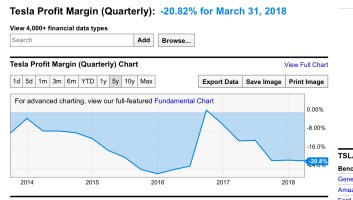L
Loswr
Guest
fullstop said:they are late to market with mirrorless and are paying a price for it. every Sony or Fuji mirrorless camera and lens (!) sold, could have been Canon cameras and lenses.
Since the introduction of MILCs to the market, Canon has moved from ~44% ILC market share to ~50%. That is fact. That is reality. Your speculation about sales they might have had is just that...speculation. Not fact. Not reality.
They haven't 'paid a price' for anything...they've gained.
Upvote
0


